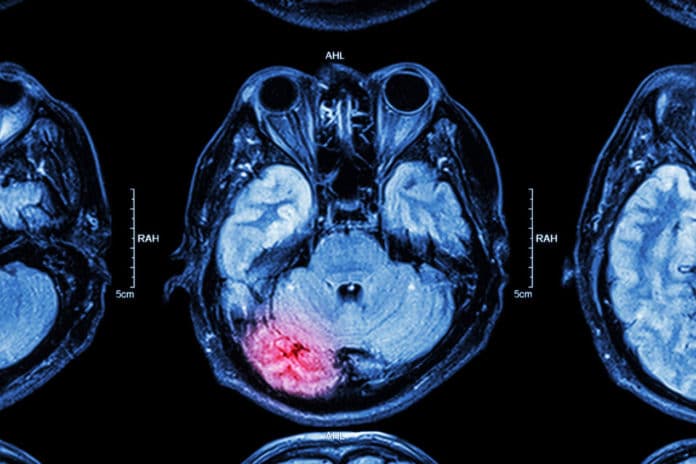Epilepsy is a central nervous system (neurological) disorder in which brain activity ends up abnormal, causing seizures or times of bizarre behavior, sensations, and once in a while loss of awareness.
A new research by the University of Texas at San Antonio (UTSA) aims to slow the progression of epilepsy. In that effort, scientists have come up with an innovative approah that involves removal of new neurons that have developed after a brain injury to reduce seizures in mice.
According to scientists, this approach could potentially reduce post-injury epilepsy.
As indicated by the U.S. Centers for Disease and Control, TBI-related emergency departmental visits, hospitalizations and deaths have expanded by 53%. The individuals who endure a seizure seven days after enduring head trauma are 80% bound to endure another post-injury epileptic assault.
Seizures for the most part happen where there is a scar in the brain as an consequence of the inury. New neurons generated following a brain inury frequently don’t mifrate or develop regularly. However, if left untreated, these cells may add to the development of epilepsy.
Scientists ystematically removed new neurons that formed during the eight weeks following a seizure in mice. Then by monitring seizure activity in the mice, they observed that the treated mice experienced a 65 percent reduction in seizures compared to untreated mice.
Jenny Hsieh, Semmes Foundation Chair and Professor in Cell Biology and Director of the UTSA Brain Health Consortium said, “Now we know we can remove new neurons after the initial seizures. While we cannot stop the first seizures, we can try to prevent the secondary seizures. This is very exciting and may lead to new therapeutic strategies.”
“Although these findings support a role for new neurons in the onset of epilepsy, they also suggest additional factors are involved.”
“We found that once the treatment stopped, the seizure reduction was not permanent. This could be due to abnormal changes in the epileptic brain, such as chronic inflammation or reactive astrocytes, affecting the development of new neurons. We’re looking into those possibilities now.”
The work was published recently in the acclaimed publication The Journal of Neuroscience.
